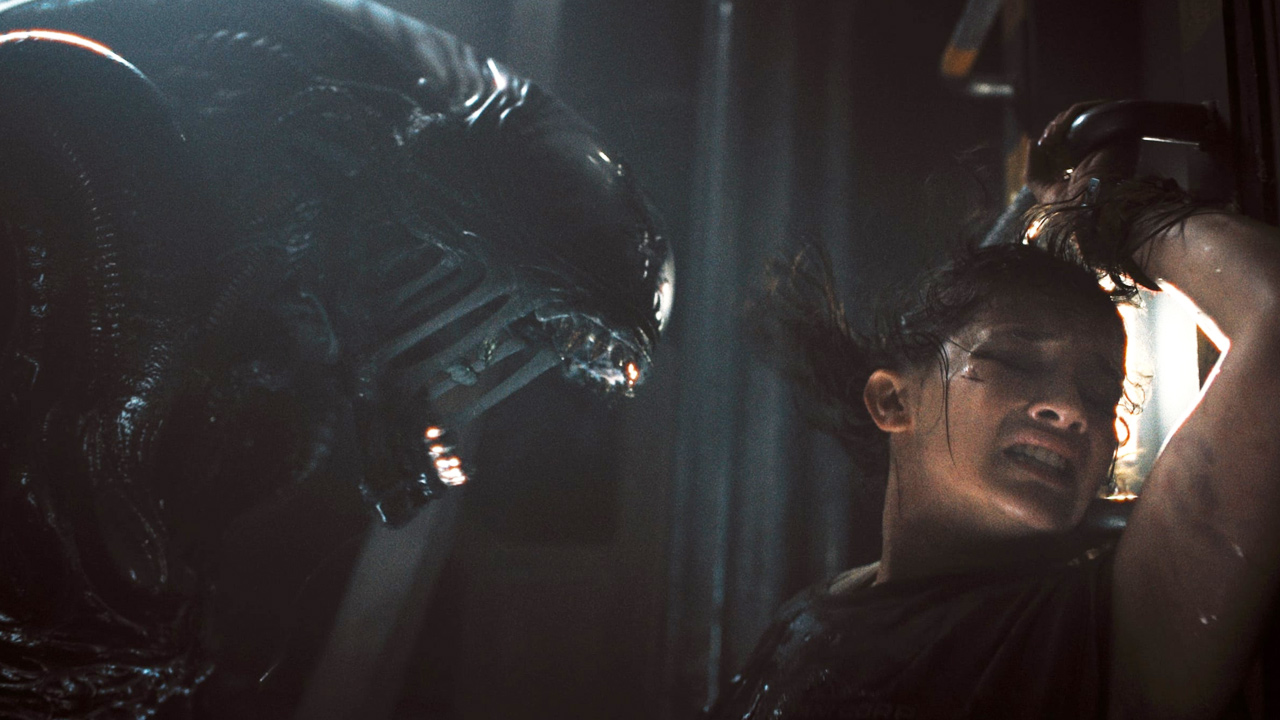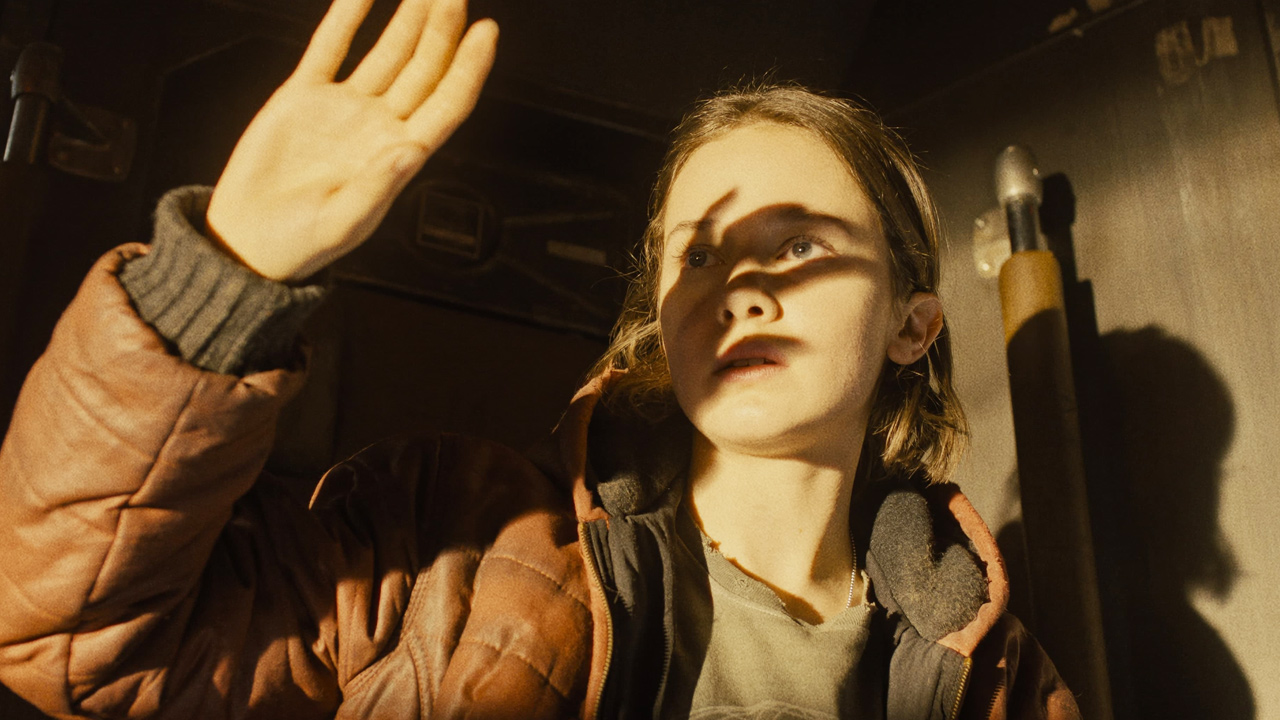Alien: Romulus unfolds like a bad case of déjà vu

The new Alien movie is finally upon us—but this deflatingly unoriginal “interquel” is an exercise in box-ticking, writes Luke Buckmaster.
In space nobody can hear you scream “more of the same!” Fede Álvarez’s horror “interquel,” based in between the first two Alien movies, is a jukebox or greatest hits record, trundling out the franchise’s signature tracks with no desire to put its own spin on the material or try something different. The closest it gets to inventing anything fresh is connected to a turn of events buried deep in the runtime, therefore not explainable without entering the realm of the spoiler. But to say this constitutes any real attempt at innovation is sheer folly: this film is as contently unoriginal as they come.
It unfolds like a bad case of déjà vu, conjuring familiar sets and circumstances but draining them of psychological energy and the thrill of the new. The pitter-patter of unseen Xenomorphs—accompanying vision of dimly lit corridors—has never felt so preordained. By the time one of those slimy little bastards crawls out of someone’s body, it feels more like box-ticking than dramatic revelation.
Alien: Romulus is however quite solidly acted, the cast at least transcending B movie vibes—especially Cailee Spaeny, who plays the protagonist Rain appealingly if broadly. She’s more tender and less badass than Sigourney Weaver’s iconic Ellen Ripley, who led the first four Alien movies, though it’s hard to imagine this film conjuring a more badass lead without flipping into gungho cartoonishness.
Rain lives on a lonely mining planet where the sun literally never shines, collecting a piddly wage from the Weyland-Yutani corporation and hanging out with other young drifters and rebels, sucked up by the capitalist system (which could have provided an interesting political perspective) and dreaming of a life someplace else. She and her friends make a plan to break into an abandoned space station to steal cryosleep pods, which they need to travel to greener pastures.
But the ship already has other, rather cranky life forms on it; you know where this is going. Álvarez (who co-wrote the script with Rodo Sayagues) clearly models the film off Alien, Ridley Scott’s 1979 original, which is one of the greatest science fiction slow-burners, rather than taking inspiration from other installments such as James Cameron’s ferociously great sequel Aliens, which cranked the dial to eleven, though that dial has subsequenty been cranked so many times (there’s now nine Alien movies) it’s practically snapped off. The logic was probably to return to, and reappreciate, the franchise’s foundational elements but the lack of originality and risk-taking clouds everything in a deflating aura of same-old same-old.

David Jonsson delivers the most memorable performance as Andy, a robot or “synthetic” who’s Rain’s best friend, once found and repaired by her father. Jonsson walks around with a very particular look, or squint, in his eyes, as if his lids are weighed down by tiny sandbags, exhausted by human interaction and the ways of a world he can rationalise and compute but never fully understand. But his character isn’t an original concept: Michael Fassbender played another glum robot for instance in the previous Alien movie, Prometheus. It seems the happy-go-lucky model of zinger-delivering droids never caught on in this universe.
When you compare Romulus to Prometheus, there really is no comparison. Álvarez’s film is a homogenised cookie-cut blob of old ideas, and Scott’s prequel a rare example of an intensely ruminative blockbuster that credits the audience with too much rather than too little intelligence, stretching and perhaps confounding viewers but never resting on its laurels. That film is a classic: like it or not, one you’ll remember. It’s been less than 24 hours and already my recollections of Romulus are fading, sucked into the vacuum of the great film it emulates but can’t rekindle the spirit of.




















